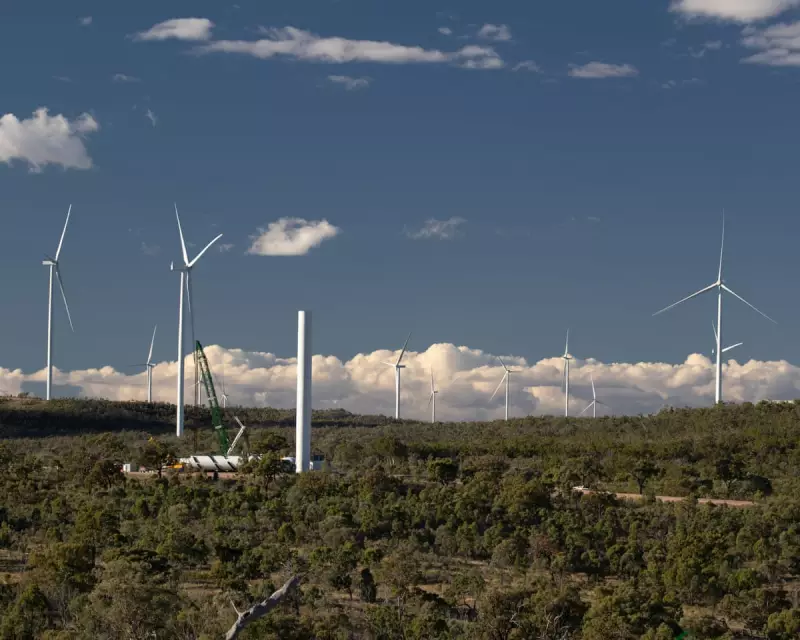
In a startling development that exposes the dark side of artificial intelligence in policy debates, a prominent Queensland anti-renewables group has been caught citing completely fabricated research papers generated by AI in official government submissions.
The AI Deception Uncovered
The deception came to light when academic publishing giant IOP Publishing conducted an investigation into references cited by the Queensland group in their submissions to a state parliamentary inquiry. What they discovered was deeply concerning: multiple references led to non-existent papers that appeared to be entirely generated by artificial intelligence.
"These papers simply don't exist in our records," confirmed an IOP Publishing spokesperson. "The citations provided bear all the hallmarks of AI-generated content, complete with plausible-sounding titles and author names that have no basis in reality."
Undermining Democratic Processes
The revelations have sent shockwaves through political and environmental circles, raising serious questions about the integrity of policy-making processes. The group in question had used these fabricated references to support their arguments against renewable energy development in Queensland.
This case represents one of the first documented instances where AI-generated fake research has been used to influence official government proceedings. Experts warn this could become an increasingly common tactic as AI tools become more sophisticated and accessible.
Implications for Future Policy Debates
The incident highlights several critical issues facing modern democracy:
- The ease with which AI can generate convincing but entirely fake academic research
- The challenge of verifying sources in increasingly complex policy debates
- The potential for well-organised groups to manipulate decision-making processes
- The urgent need for better verification systems for government submissions
Broader Concerns About AI Misinformation
This case extends far beyond energy policy, touching on fundamental concerns about truth and verification in the digital age. As AI tools become capable of generating not just text but fake data, images, and even video evidence, the very foundations of evidence-based policy making face unprecedented challenges.
Academic publishers and research institutions are now scrambling to develop systems to detect and prevent such misuse of AI technology. However, the rapid pace of AI development means verification systems are constantly playing catch-up.
The Queensland case serves as a stark warning to policymakers, journalists, and the public alike: in the age of artificial intelligence, seeing is no longer believing, and even seemingly credible academic references require rigorous verification.





